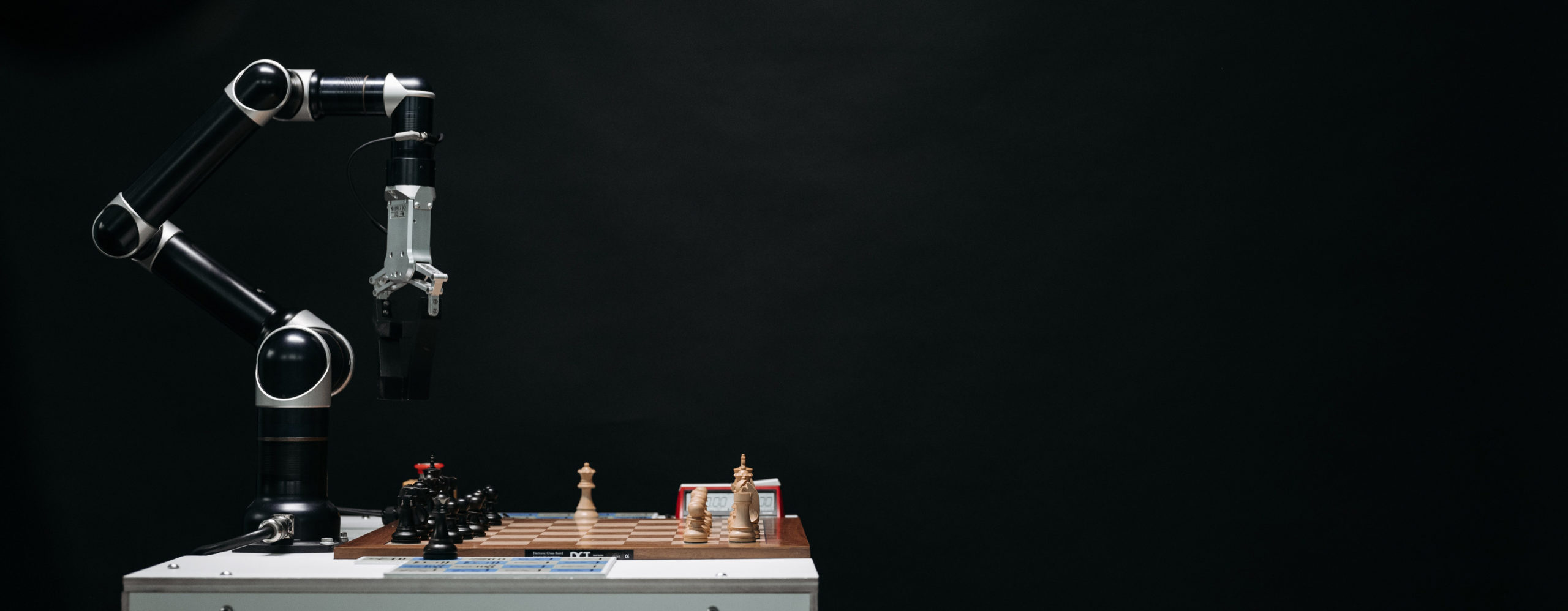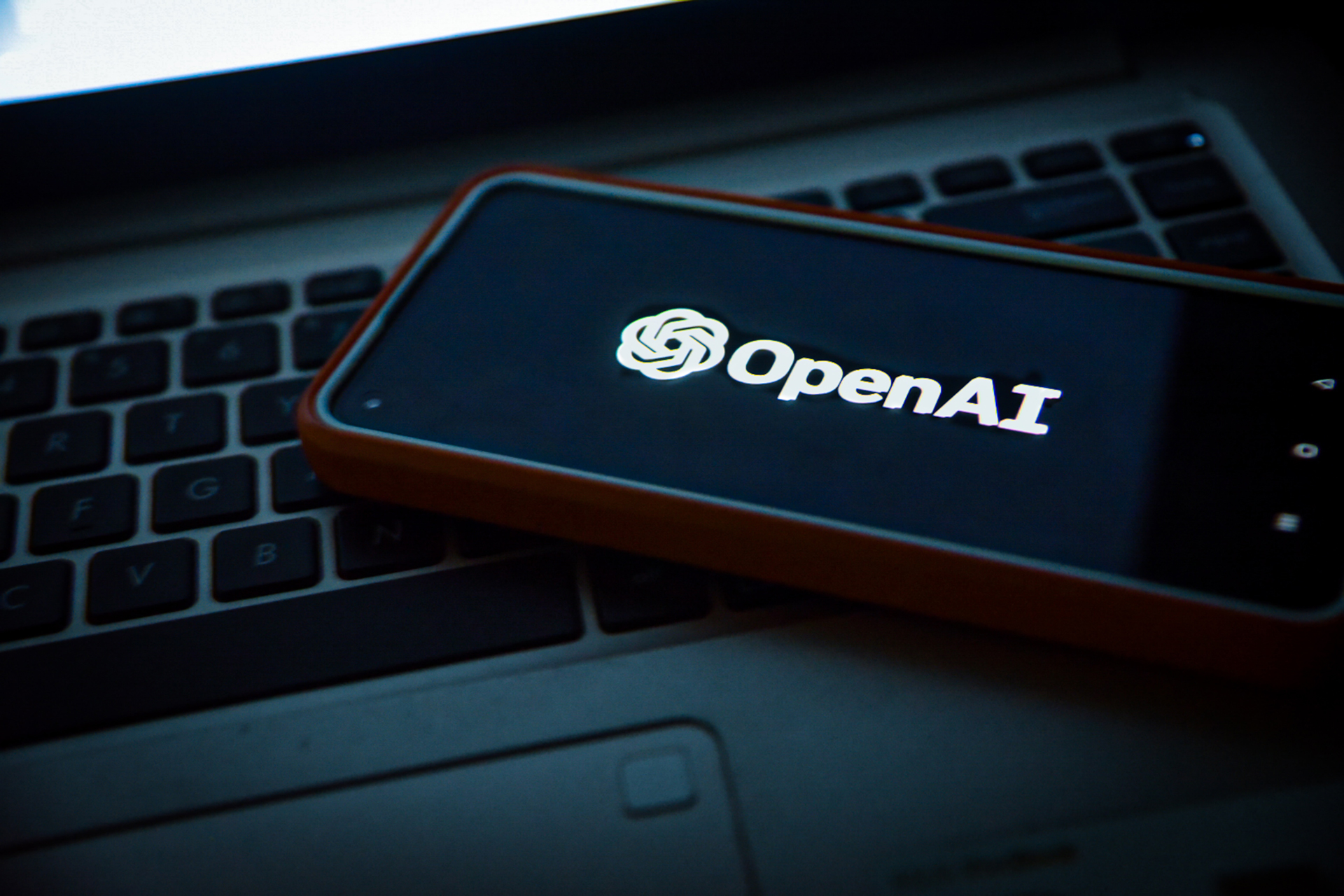Artificial Intelligence
Article
Ten Issues about Artificial Intelligence and Education
In the context of digital culture and its current development, Artificial Intelligence (AI) can be understood as the combination of different algorithms that, based on digital data, generate ways of communication and interaction emulating and enhancing characteristics of human learning so as to solve, more efficiently, simple and complex problems that can improve the quality of human life. Both as a hope and as an ethical dilemma, AI aims to create machines (automata, robots, cyborgs, androids, biorobots, for example) that can think and develop different levels of consciousness.

The educational field must consider at least the following issues:
AI is becoming a learning environment in different spheres of human life. As a consequence, the ways of understanding the uses and the ethical, moral and legal dimensions of this environment must permeate teaching practices.
Teaching with the goal of building criteria aimed at establishing the accuracy of what is produced and fed by AI is a challenge for education. That is why at present critical thinking gains importance as long as teachers and students can exercise ethical and moral discernment.
Teaching practices are affected by AI as much as the available teaching and learning resources do not produce teaching experiences beyond the instrumentalization of education and the mere transmission of information.
Consequently, the pedagogical designs and planning must be re-examined to configure curricula, didactics, and assessments that value human action in its ethical, moral, and political levels - dimensions that haven’t been colonized by AI yet.
In this way, the encouragement of soft skills, so far unknown by AI, becomes more relevant at the different teaching levels.
As a backup of the teaching work, AI can facilitate the educator’s operational work.
However, if teachers’ work continues to be only about teaching and developing disciplinary knowledge, the teaching profession will be easily replaced by AI through machines that can undertake such work. A teaching profession that is focused on educating values, developing soft skills, and on citizens, can be kept well beyond AI control for a longer time.
This requires the development of learning strategies involving AI in the classroom: the pedagogy of the question before AI; the possibility of “playing” in class with the apps, for example using the chat (making instructions that are increasingly more adjusted) or creating images; the creation of dynamics that reveal “disinformation” to debate in class.
The hyper-digitalization of schools and higher education centers makes us forget that everyday life is a source of formative experiences. Thus, the good pedagogical practices that have worked outside digital environments can also be used to learn.
It is important to remember that not every region in the world is connected or has real possibilities of interacting with digital culture. Therefore, AI can be more efficiently absorbed in societies with greater connectivity and technological development, leaving out those who can’t access. In this context, education must guarantee the principles of equality and defense against cultural hegemony.




